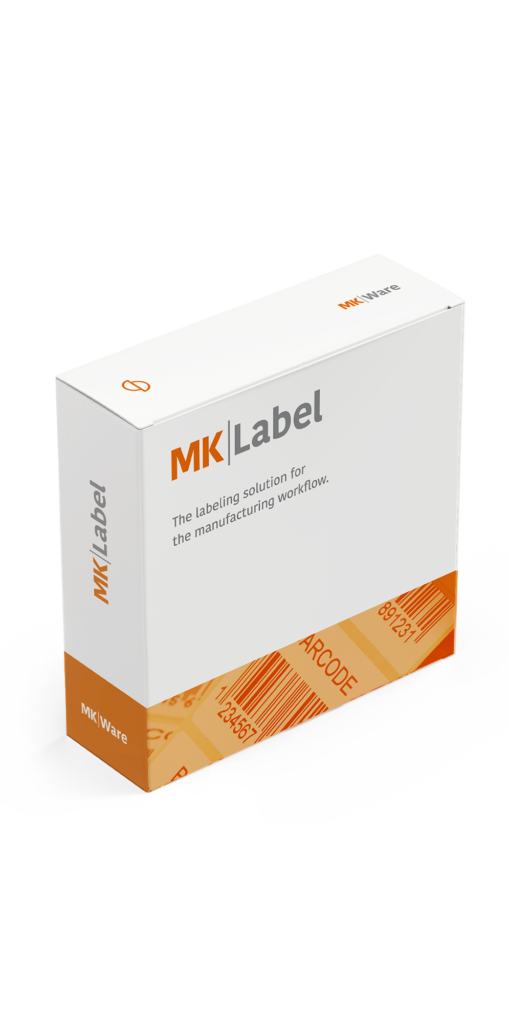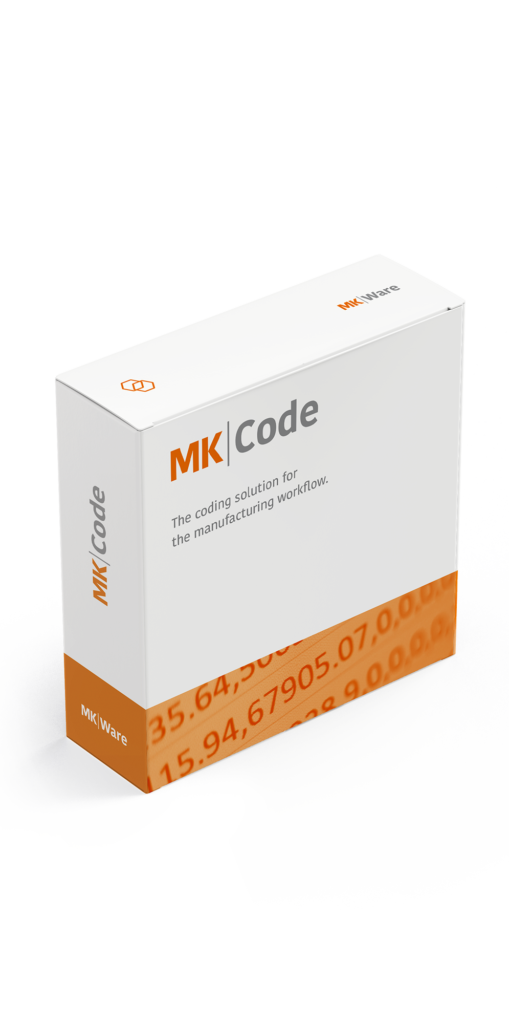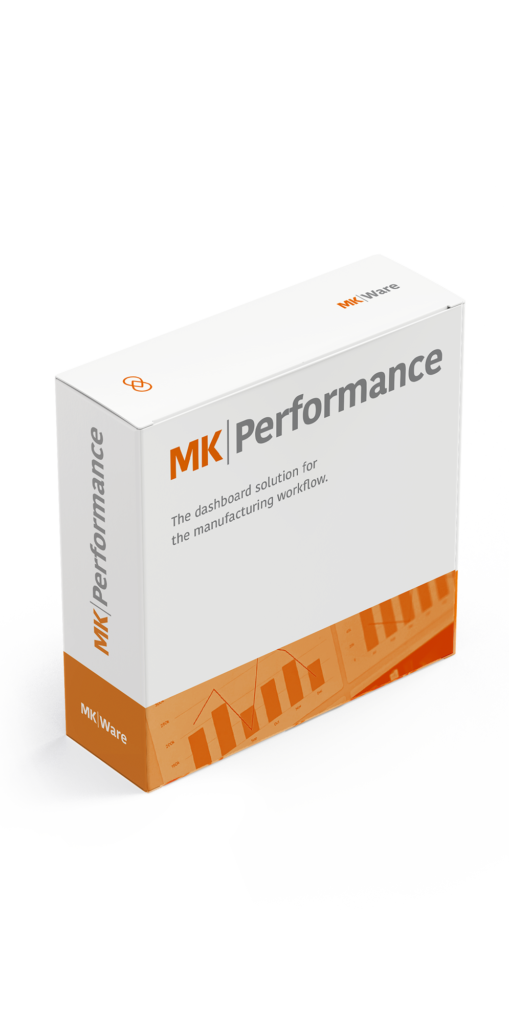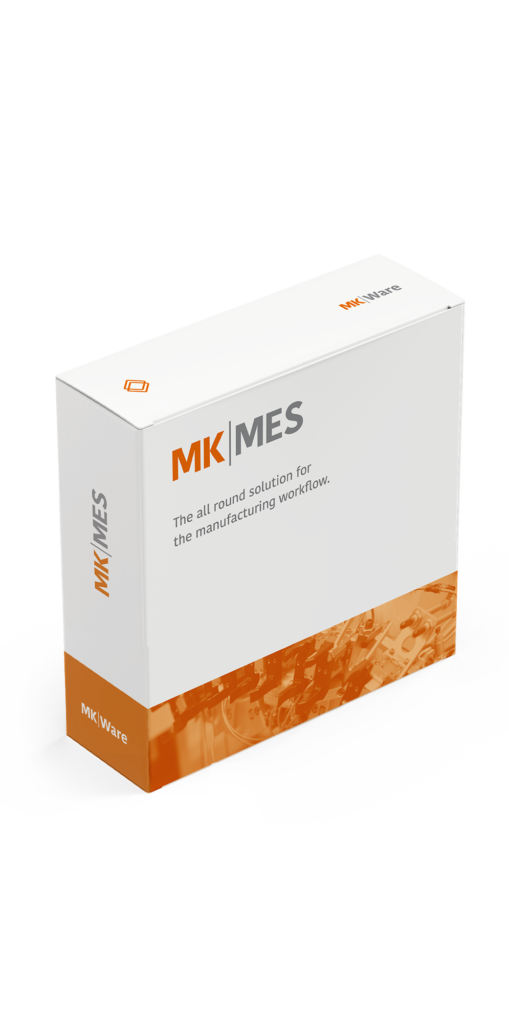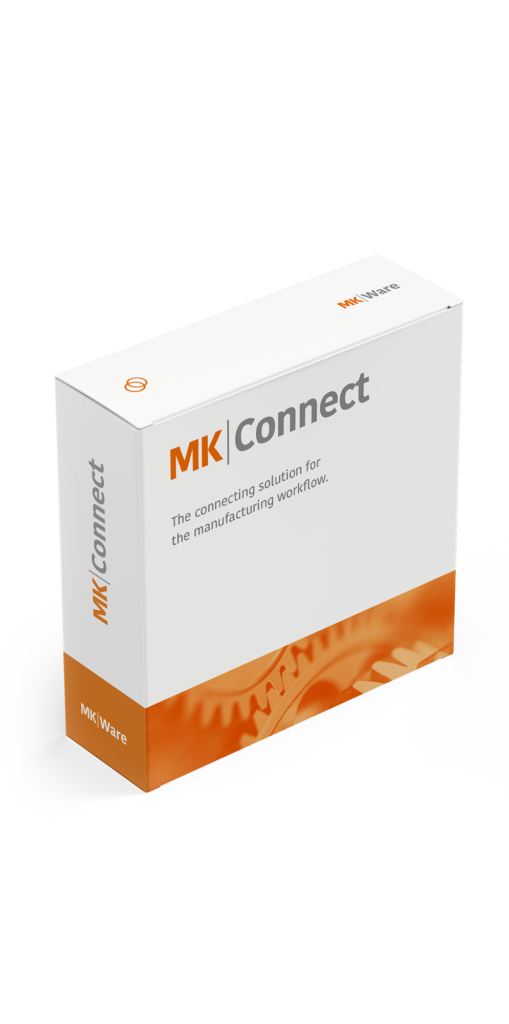Lean Management
Companies today are faced with the challenge of continuously optimising their processes and minimising waste. Lean management offers a systematic approach to this, which aims to maximise customer benefits while reducing wastage of resources. This management philosophy, which originated in the automotive industry, is now established in many industries and is used worldwide to increase efficiency and ensure sustainable success. In this article, you will learn how lean management works, what principles and tools it contains and what benefits it brings to companies.
What is Lean Management?
Lean management is a management philosophy that aims to optimise business processes in order to maximise value for the customer while minimising waste of resources. Originally developed in the automotive industry, particularly at Toyota, lean management has become a widely used approach in various industries worldwide.
The core of lean management lies in continuous improvement (kaizen) and focussing on the value stream - the entire process from the procurement of raw materials to the finished product or service. All steps of a process are scrutinised for their contribution to value creation. Non-value-adding activities that offer no added value for the customer are eliminated.
Basic principles of Lean Management
Lean management is based on a number of basic principles that aim to make processes more efficient and maximise value for the customer. These principles serve as a guide for the implementation and continuous improvement of business processes.
- Define value from the customer's perspective: The first step is to orientate all activities and processes towards creating the greatest possible benefit for the customer. What does the customer really want and what is he willing to pay for? Anything that does not contribute to the fulfilment of these customer wishes is considered a waste.
- Analyse value stream: This involves identifying and analysing all steps that contribute to the creation of the end product or the provision of the service. The aim is to eliminate non-value-adding activities and make the entire value stream more efficient.
- Create flow: Once waste has been reduced, the remaining value-adding steps should take place without interruptions or delays. Production should be even and continuous. An uninterrupted value chain should therefore be created.
- Introduce a Pull-System: In contrast to traditional push systems, where production is based on forecasts, production in a pull system is only based on actual demand. This reduces overproduction and stock levels, as only what is actually needed is produced. This means that production only starts when an order is received (pull) instead of being based on forecasts (push).
- Strive for perfection: Lean management is a continuous improvement process (Kaizen) that constantly looks for ways to optimise processes and not only reduce but eliminate waste. This continuous improvement is a central aspect of lean and promotes a culture of constant progress.

Examples of Waste in Lean Management
- Overproduction: Producing more than is needed.
- Waiting times: Unnecessary waiting times in the production process.
- Transport: Unnecessary movement of materials or products.
- Overprocessing: Putting more work into a product than the customer demands.
- Stocks: Too many stocks.
- Movement: Unnecessary movements of employees.
- Errors: Errors that cause rework or rejects.
By consistently applying these basic principles, companies can increase their efficiency, reduce costs and increase customer satisfaction. Lean management thus provides a proven framework for achieving sustainable success in a dynamic and highly competitive business environment.
Lean Management: Tools and Methods
- 5S method: A systematic approach to workplace organisation and standardisation that increases efficiency and safety.
- Kaizen: A continuous improvement process in which all employees are actively involved in order to identify and implement improvements.
- Kanban: A visual control system that regulates production based on actual demand and visualises bottlenecks.
- Value Stream Mapping: A method for visualising and analysing the flow of materials and information in order to identify potential for improvement.
What is the difference between Lean Management and Lean Production?
Lean Management and Lean Production are both approaches that aim to increase efficiency and minimise waste, but they differ in their focus and scope of application.
Lean Management
Lean Management is a holistic management approach that encompasses all aspects of a company. It aims to optimise all business processes in order to maximise customer value while minimising waste of resources. The principles of lean management can be applied to all areas of an organisation, including production, sales, logistics, human resources and finance.
Lean Production
Lean Production, often referred to as lean manufacturing, is a specific application of lean management principles in the production sector. It focuses on optimising production processes in order to ensure that products are manufactured as efficiently and cost-effectively as possible.
The main objectives of Lean Production are:
- Reduction of waste: Minimisation of overproduction, waiting times, transport costs, overprocessing, inventories, movements and errors.
- Improvement of process flows: Creation of an efficient production flow that avoids unnecessary steps and eliminates bottlenecks.
- Increased flexibility: Adaptation of production processes to changing customer requirements and market conditions.
- Quality improvement: Implementation of quality controls and continuous improvement to avoid errors and increase product quality.
Unterschiede im Fokus und der Anwendungsbreite
- Fokus: Lean Management hat einen breiteren Fokus und umfasst alle Geschäftsprozesse eines Unternehmens, während sich Lean Production spezifisch auf die Produktionsprozesse konzentriert.
- Breadth of application: Lean management can be applied in all areas of an organisation, including administration, services and sales. Lean production is limited to the manufacture and production of goods.
- Objective: Lean management aims to make the entire company more efficient and customer-orientated, while lean production specifically aims to improve the efficiency and quality of production processes.
To summarise, lean management can be seen as the overarching approach that includes lean production as one of its specific applications in the production area. Both approaches complement each other and contribute to making companies more efficient, flexible and competitive overall.
Advantages of Lean Management for your company
Lean management offers a wide range of benefits that help companies to increase their efficiency and improve their competitiveness. By consistently applying the principles and methods of lean management, companies can achieve both short-term and long-term success.
- Cost reduction: One of the main benefits of lean management is the reduction of operating costs. By eliminating waste and optimising processes, companies can significantly reduce their production costs. This leads to better utilisation of resources and an increase in profitability.
- Quality improvement: Lean management promotes continuous improvement in the quality of products and services. By constantly analysing and optimising processes, errors are reduced and quality assurance is strengthened. This helps to ensure that customers receive higher quality products and services.
- Increased productivity: More efficient workflows and optimised processes lead to higher productivity. Employees can concentrate on value-adding activities, which leads to better utilisation of the workforce and faster fulfilment of customer requirements.
- Customer satisfaction: By focussing on value from the customer's perspective and continuously improving processes, companies can better meet the needs and expectations of their customers. This leads to higher customer satisfaction and strengthens customer loyalty.
- Flexibility and adaptability: Lean management enables companies to react more quickly to changes in the market and in demand. By introducing pull systems and creating a continuous flow, companies can organise their production processes more flexibly and respond better to customer requirements.
- Employee engagement: Lean management promotes a culture of continuous improvement in which all employees are actively involved in the improvement process. This increases the commitment and motivation of employees as they see how their ideas and suggestions contribute to the optimisation of processes.
- Sustainability: By reducing waste and utilising resources efficiently, lean management contributes to sustainability. Companies can reduce their environmental impact and operate more sustainably, which is beneficial both ecologically and economically.
Overall, lean management offers companies a structured approach to increasing their efficiency, reducing costs and improving the quality of their products and services. These benefits play a key role in ensuring that companies remain competitive and secure long-term success.
Lean Management mit MK|Ware
MK Ware bietet die passende Softwarelösung, um Unternehmen bei der Implementierung und Optimierung von Lean Management-Prinzipien zu unterstützen. Mit der innovativen Software von MK Ware können Unternehmen ihre Prozesse effizienter gestalten, Verschwendung minimieren und den Kundennutzen maximieren.
The modules MK|MES und MK|Performance are ideal for the effective implementation of lean management, as they have been specially developed to control production processes efficiently and transparently.
With MK|MES, production processes can be controlled in real time. The system allows production data to be analyzed and changes to be responded to immediately, which helps to reduce downtime and inefficiencies. By bringing together data from different areas of production, MK|MES provides a clear and comprehensive insight into every step of the production process. This makes it much easier to identify areas where waste can be reduced.
MK|Performance, on the other hand, focuses on the seamless integration and monitoring of your machines and continuously provides data on their performance. Analyzing this data in real time makes it possible to optimize overall equipment effectiveness. By constantly collecting and analysing this data, MK|Performance helps you to identify and implement optimization opportunities, resulting in continuous improvement of your production processes.
Beide Module stärken somit die Grundpfeiler des Lean Managements: Sie steigern nicht nur die Effizienz und Transparenz in der Produktion, sondern helfen auch dabei, Verschwendung zu minimieren. Dies fördert eine dynamische und flexible Produktionsumgebung, die es Unternehmen ermöglicht, Prozesse kontinuierlich zu verbessern und an veränderliche Bedingungen anzupassen.

Senior Product Manager
Questions?
Do you have questions? Please use the contact form - or book an online appointment using the calendar calender below.
* I further agree to receive additional information about MK|Ware by e-mail.
Book a virtual coffee with our appointment booking tool. Meet our expert Philipp Nicolai online for productive discussions and an exchange of ideas. Simple, fast and efficient.
